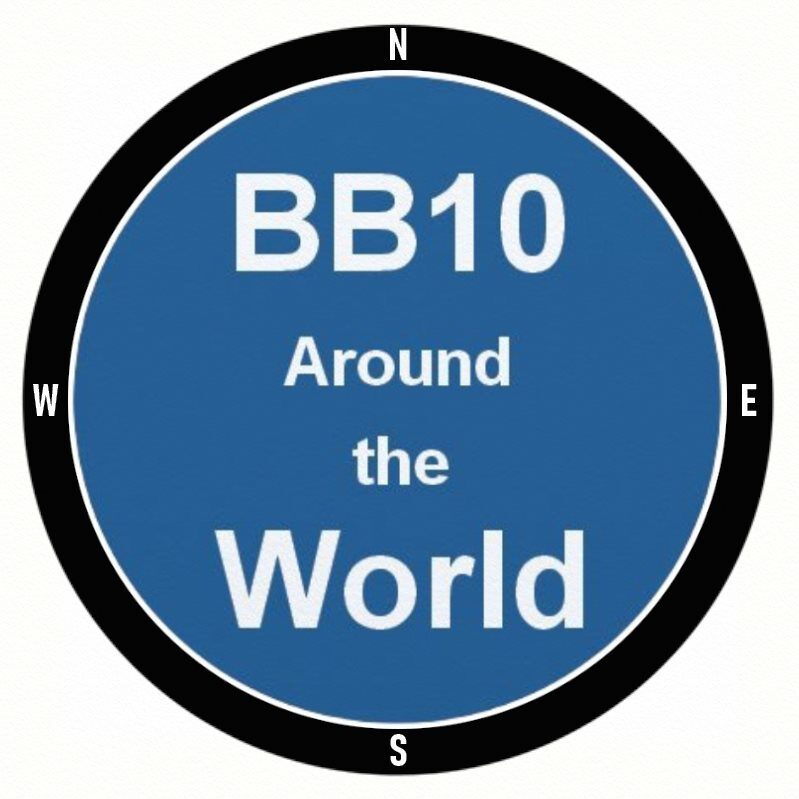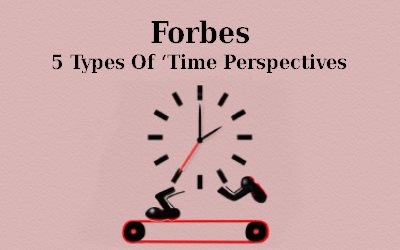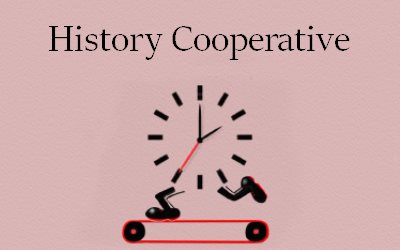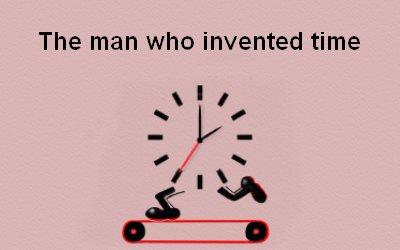Time goes by
Time goes by
What is Time?
Time may not be what it seems.
Clocks can tell you what time it is, but they cannot tell you what time is. “Time is succession,”
Henri Bergson declared, but that remark is frustratingly vague.
So is the remark that time is like a line.
And so is the remark that time is the quality of the world that allows change to exist.
Yet all these remarks contain a grain of truth.
Maybe we can decide what time is by considering what our world would be like if it did not contain time.
Where do we proceed from here, though?
We cannot turn off time and look at the result.
Unfortunately, our imagining the world without time is not likely to be a reliable guide.
Information about time tells the durations of events, and when they occur, and which events happen
before which others, so any definition of time or theory of time should allow for this.
Here are some philosophical considerations.
Should we say time is whatever plays this or that functional role such as accounting
for our temporal phenomenology?
Baron and Miller have argued that, if a demon plays the functional role of providing us
with our temporal phenomenology, then we would not agree that time is a demon,
so more constraints need to be placed on any functionalist account of time.
Sometimes, when we ask what time is, we are asking for the meaning of the noun “time.”
It is the most frequently used noun in the English language.
Source: IEP





